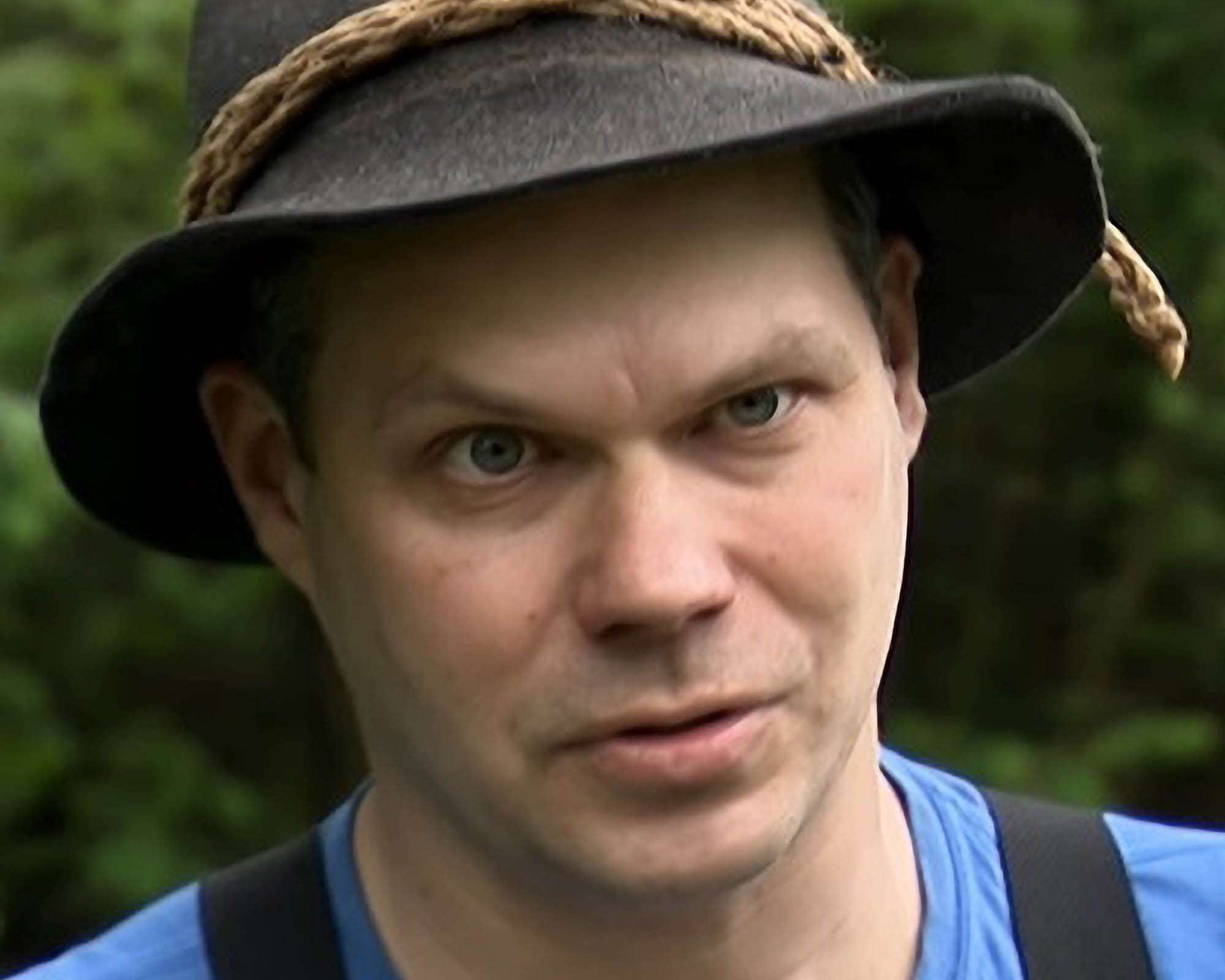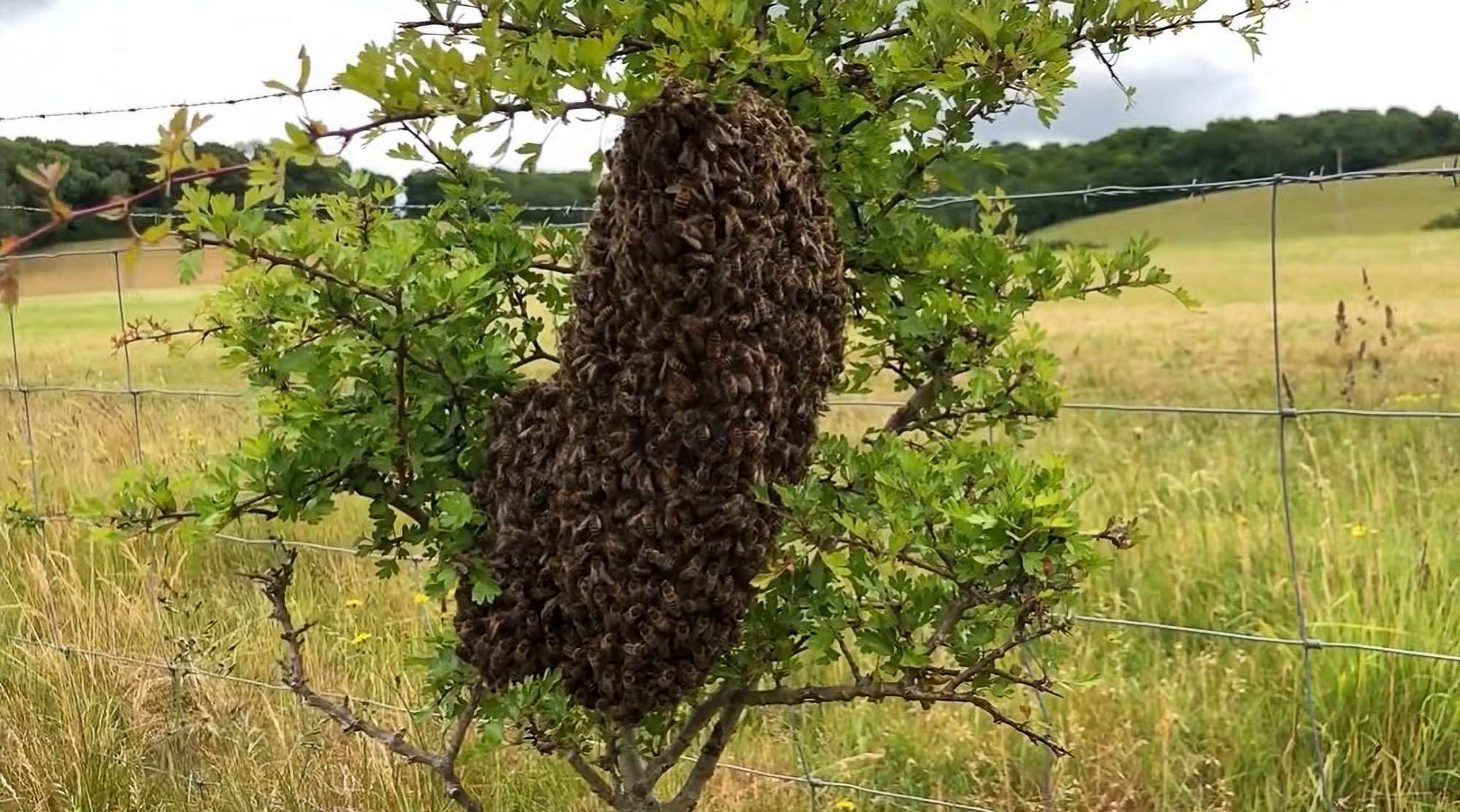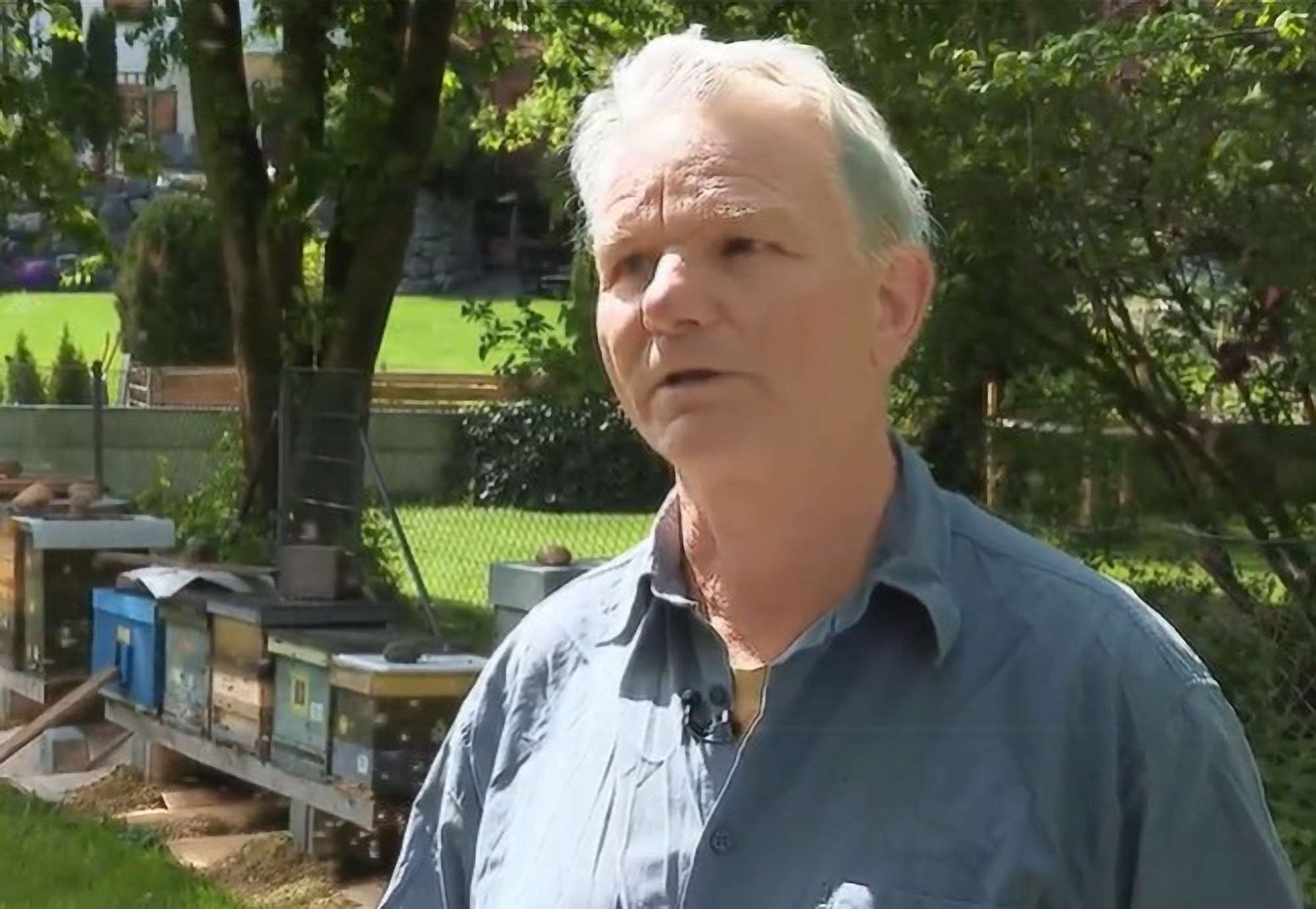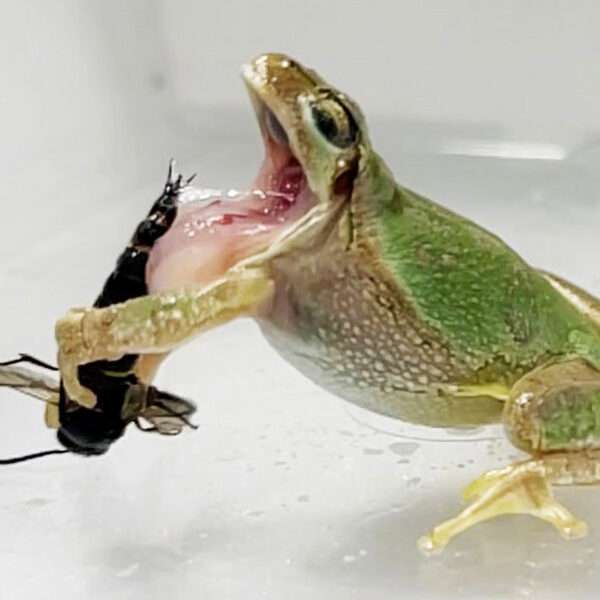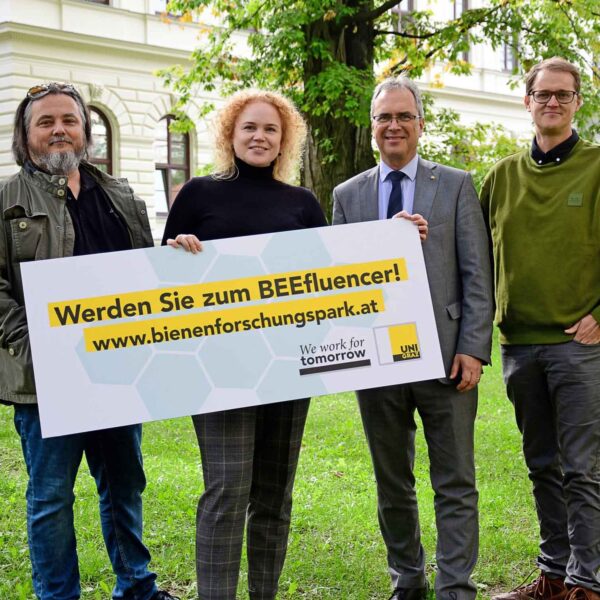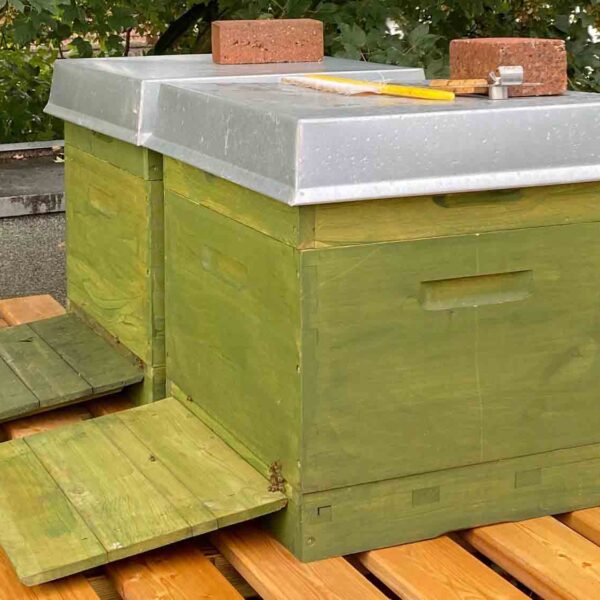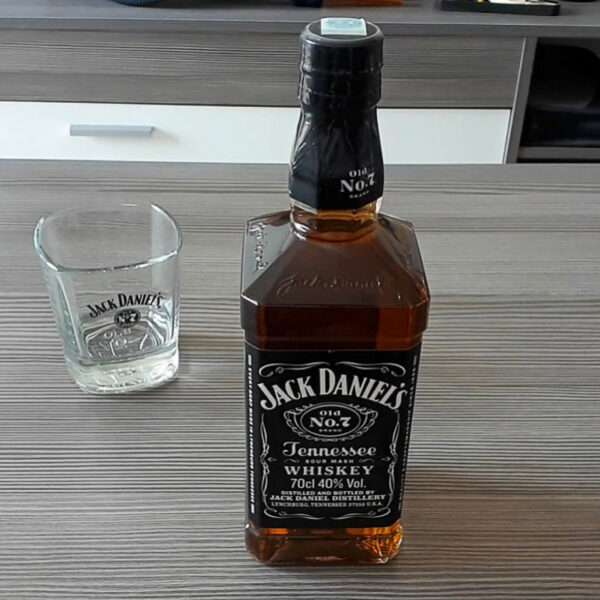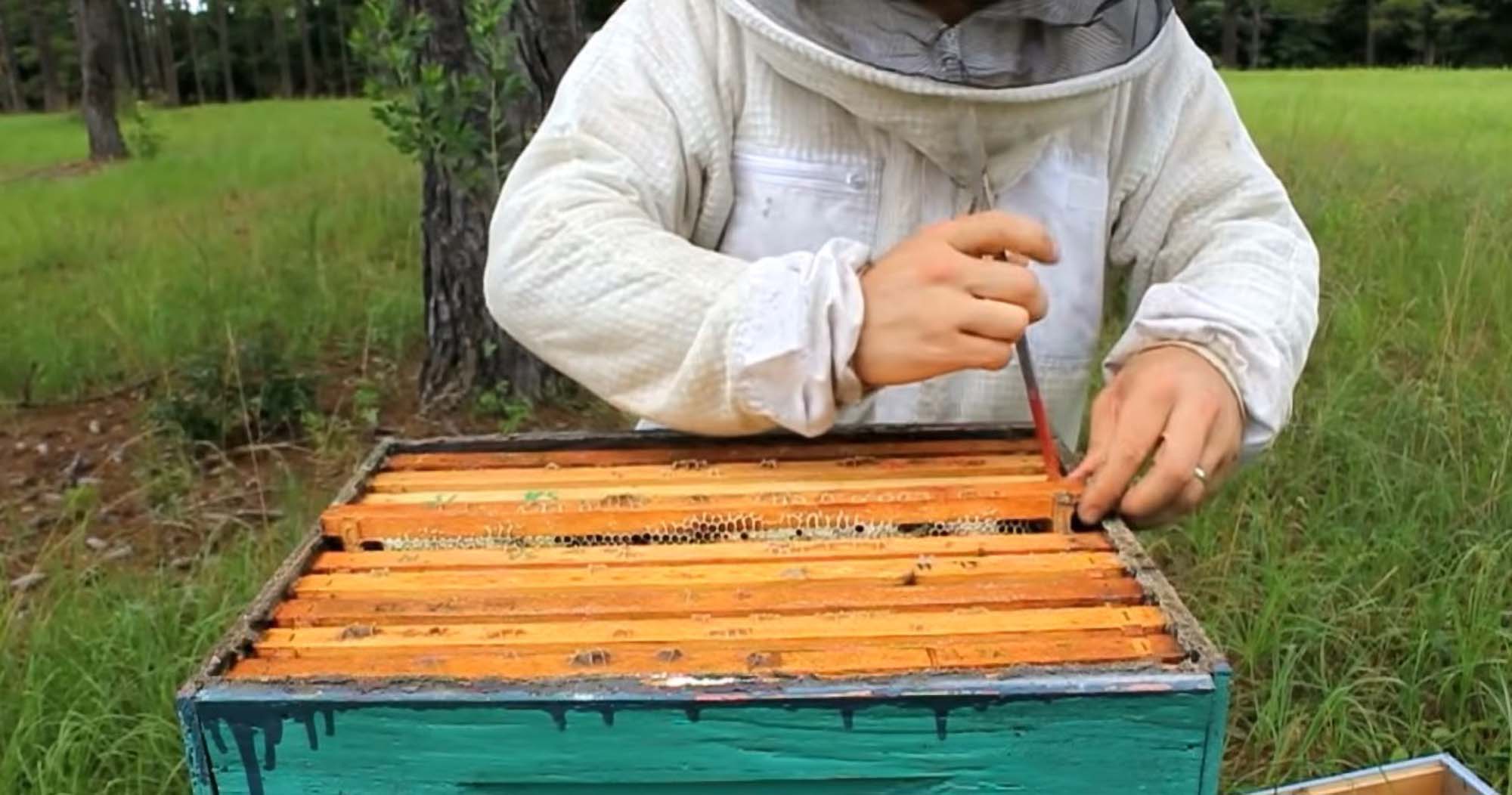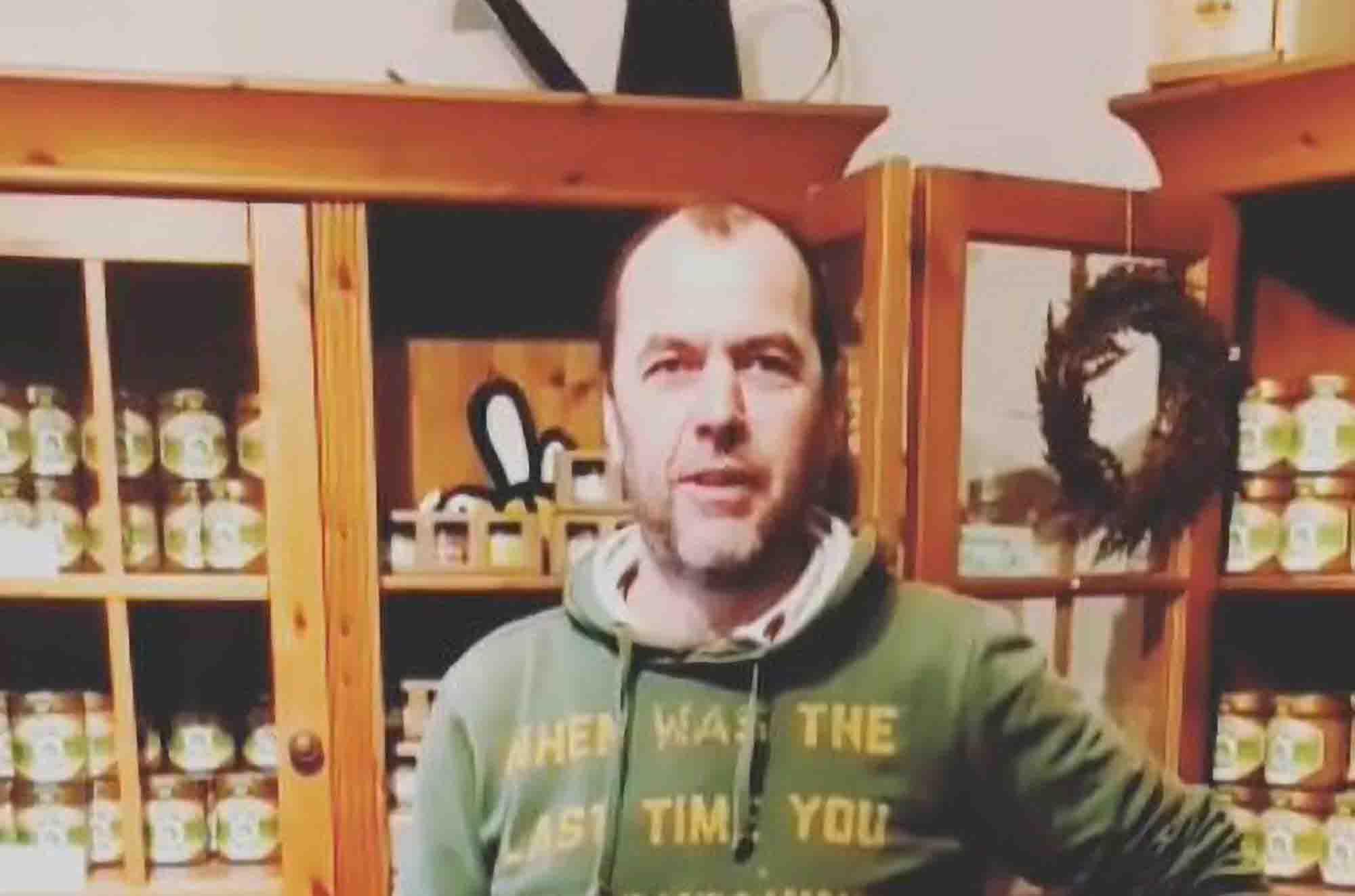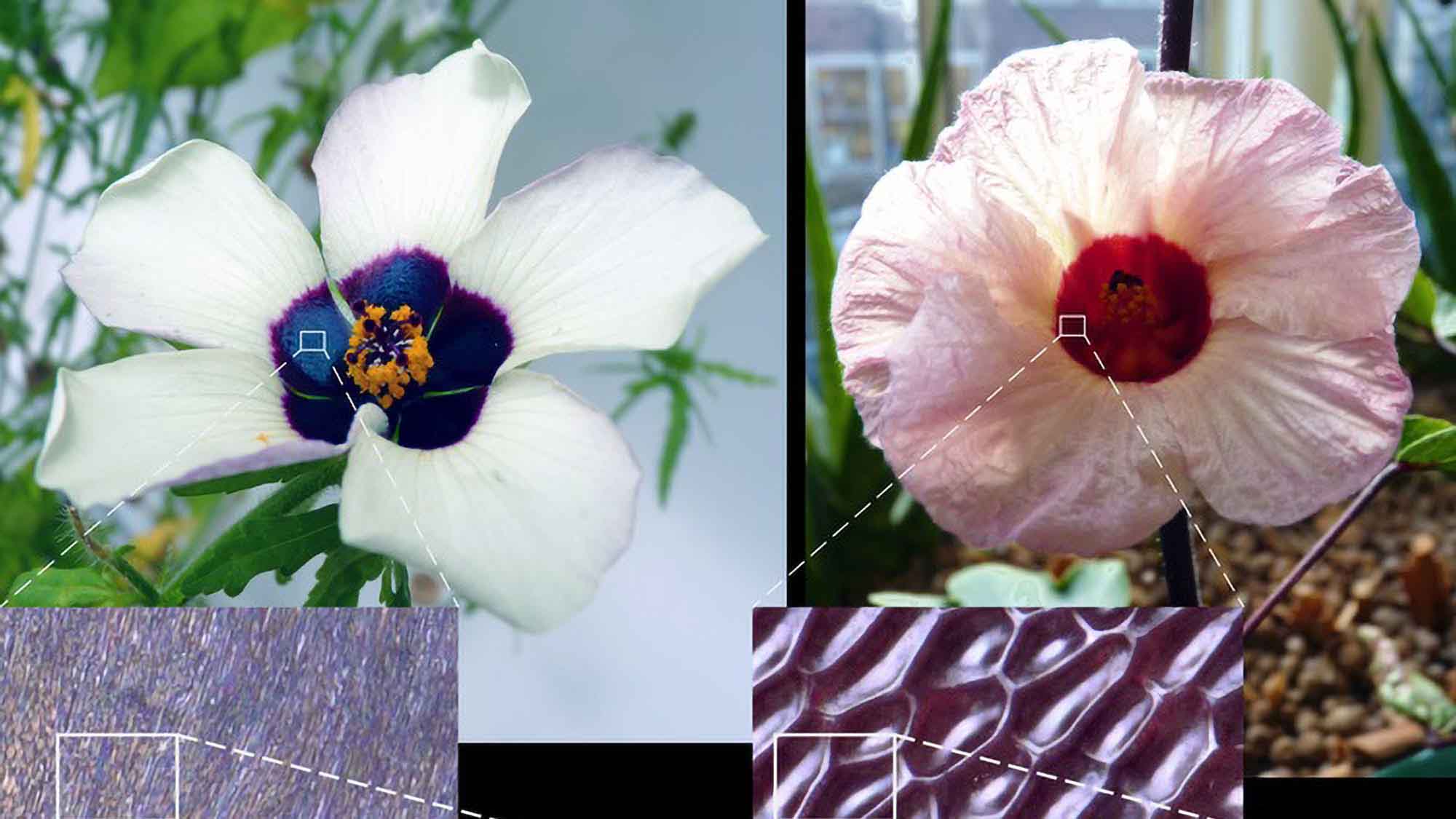Apiarists in Germany are calling for more precise honey-labelling regulations as they consider themselves threatened by low-cost competitors from abroad.
Bernhard Heuvel – who runs a honey farm in Rheinberg, North Rhine-Westphalia – said the tags on honey jars must contain more information.
He told broadcaster ZDF: “If it contains honey from, let’s say, Argentina and Chile, the label must say so by providing percentage figures.”
Earlier this year, research by European Commission watchdogs showed that almost half of EU countries’ honey imports might breach the EU’s product quality standards by being laced with sugar syrup.
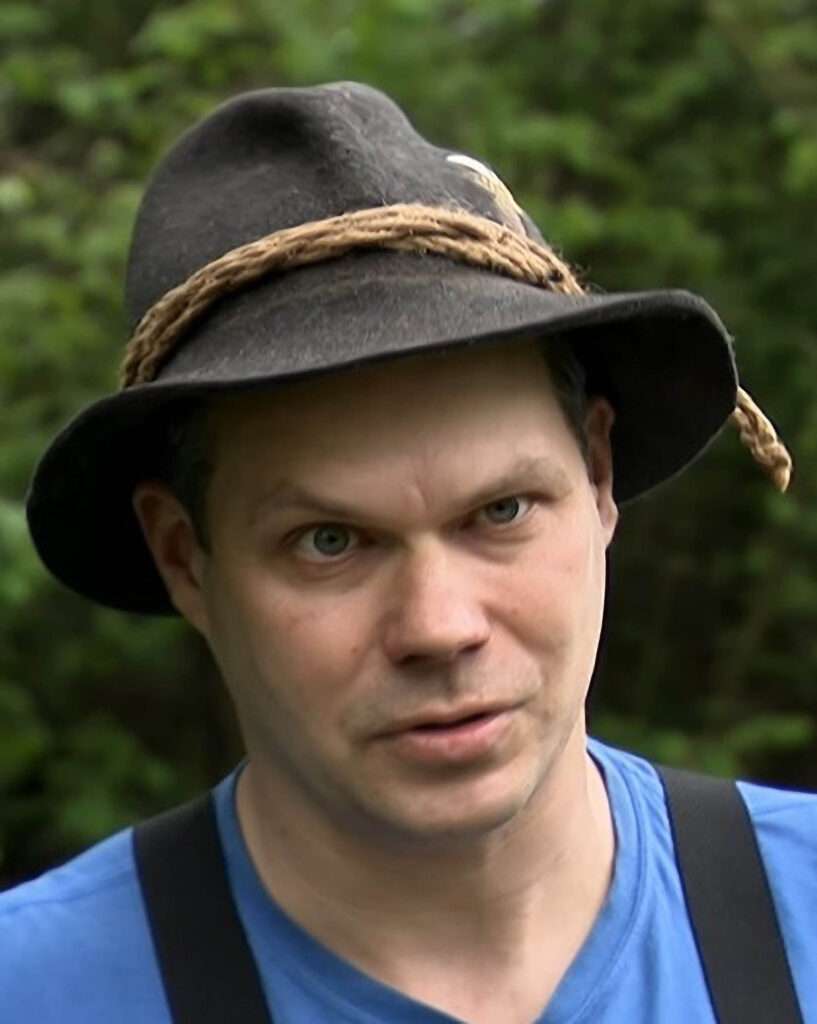
Most fake honey products originate from Turkey and China, according to the investigation.
Beatrix Brinkmann is a food analyst working for the German State of Rhineland-Palatinate.
Speaking to the ZDF, she said: “We need consistent and standardised methods all over the EU. The laboratories must be well-equipped to ensure chemists can detect adulterated honey.”
Thomas Hock – who heads the Rhineland-Palatinate Beekeepers Union – called on the federal German government and the country’s MEPs to support plans by the European Commission for more severe product labelling laws.
There are around 100 full-time professional beekeepers in Germany. More than 149,000 residents engage in apiculture in their free time.
Each resident of Germany – which is not self-sufficient regarding honey – consumes an average of 800 grammes of honey per year.

